The greatest barrier to accessing nightlife establishments is the lack of disability awareness training, according to members of the visually impaired community.
Conditions associated with visual impairments have often been likened to appearing drunk, with some eye conditions presenting eyes as red, shaking, rolling or glazed.
Many have reported incidents of being turned away by security, not being able to find staff in establishments, not having valid identification cards accepted, and feeling uncomfortable with the idea of asking for help.
Emma Quigley, a 22-year-old employment coordinator, spoke about her experiences of discrimination as someone who is legally blind.
Quigley said: “I have been in a situation when I was with a group of friends and had had one or two drinks but nothing that would make me intoxicated, I was completely fine.
“The bouncer picked me out of the group and told me I was too drunk and that he could see it in my eyes. I told him about my eye condition, and he accused me of lying.
“He told me he remembered me from another occasion and how he had to help me into an Uber, but that was only because I couldn’t see the number plate, not because I was too drunk.
“I needed some guidance and help and now he was using it against me.”
Quigley explained that when she asked the bouncer for his name and identification number, he refused to share it.
Despite there being legislations in place to improve physical accessibility to many venues, invisible barriers are still hindering the lives of the visually impaired community.
Although there are laws in place to prevent disability discrimination – including the 2010 Equality Act – it appears this does not go far enough to make an impact.
Security guards must go through a government approved training programme in the UK in order to obtain a licence from the Security Industry Authority (SIA).
Yet Daniel Morgan-Williams, the director of Visualise Training and Consultancy, a company which provides courses and training promoting inclusion and equality for employees living with sight or hearing loss, told Londoners that disability awareness training is not part of the SIA programme.
He said: “Disability awareness training needs to be standard across the board for every industry. Any organisation or business that has customers, or is customer based, should have training.
“Knowledge is power and if we are all more knowledgeable then we can make more informed decisions, being aware of other people’s needs.”
Morgan-Williams acknowledged the duty of care security guards have to protect individuals inside the establishment they are working for, but he highlighted the need for communicating and asking the right questions to ensure this is done fairly.
He said a lot of people with visual impairments do not always present obvious signs and symptoms, as not everyone carries a cane or has a guide dog, which is why it is important to listen to individuals before denying them entry.
Barriers to nightlife establishments for the visually impaired community extend beyond initial first judgements on intoxication levels.
Abi Way, a 22-year-old student, recalled her experiences of having her citizens PASS card rejected even though it is a legal form of identification.
Way said: “It is a legal form of ID so they should not have the right to reject it because it means that people like me, who can’t drive, can’t get into certain bars and nightclubs just because they have decided they do not want to let us in.
“I have tried to explain in the past that it is a legal form of ID, and why I do not have a license, but the response I usually get is rude.”
A Freedom of Information request to the SIA evidenced that the proof of age PASS card is on a registered list of acceptable forms of identification for on the door entry.
The repercussions of these barriers to nightclub entry also have impacts on mental health and confidence, according to the visually impaired community.
Morgan-Williams said: “People get anxious at the prospect of getting turned away from clubs, they get afraid so they might choose not to go out. This can lead to isolation, low confidence and low self-esteem.”
All interviewees also reported knowing individuals that would no longer go out due to these factors.
There are over 60,000 people who are registered as blind or partially sighted living in the 12 inner boroughs of London.
Findings show that people that are blind or visually impaired are three times more likely to experience loneliness and isolation, and out of those surveyed 76% of them reported experiencing loneliness some or all the time, according to Fight for Sight UK.
Quigley said: “It’s important that things change. Society needs to understand the basics of what it means to have a disability because there are so many people living with them.”
Abi Way concluded that the main barriers to freedom in her life were societal.
Way said: “A lot of the barriers I face aren’t because I can’t physically see but because society does not understand, isn’t able to meet my needs, or is actively putting barriers in the way by not understanding what it means to be visually impaired.
“There is the stereotype in thinking that just because your eyes don’t work apparently your brain doesn’t too.”
Featured image credit: AJ on Unsplash
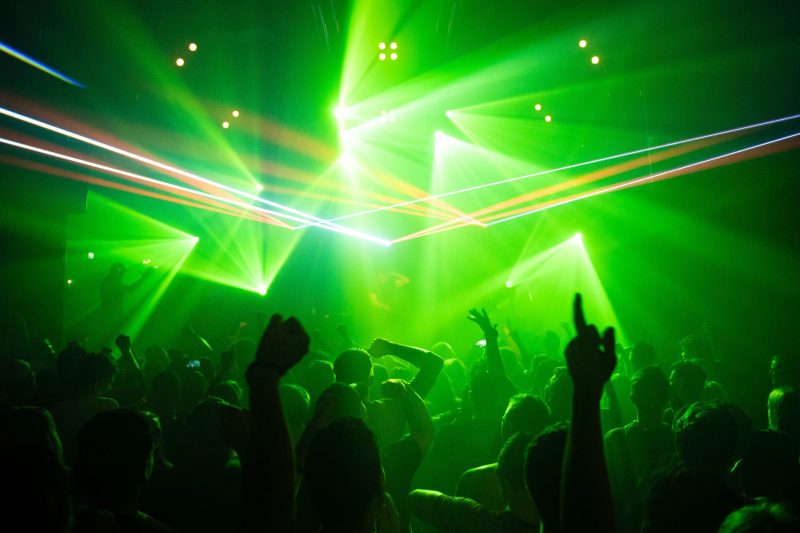
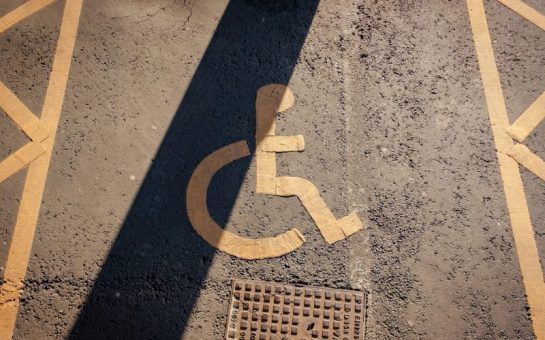
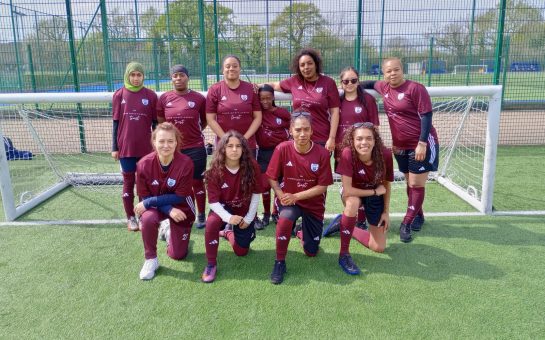
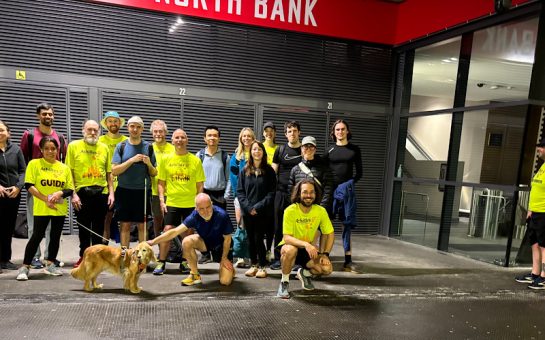
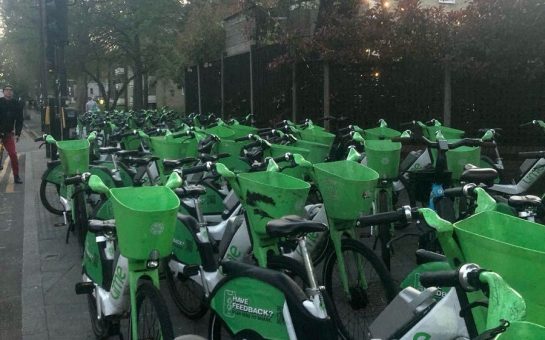
Join the discussion